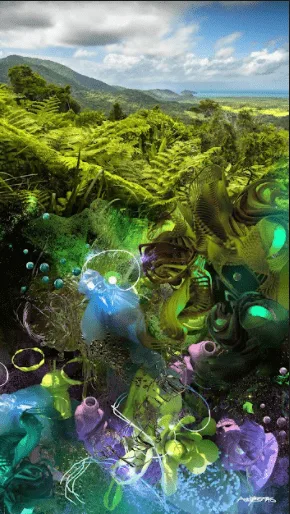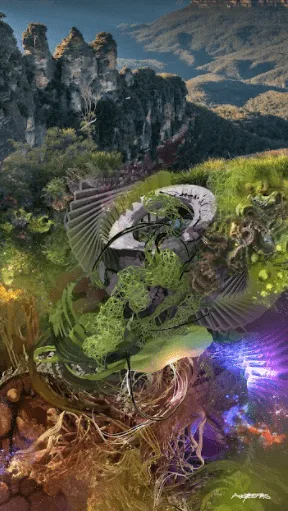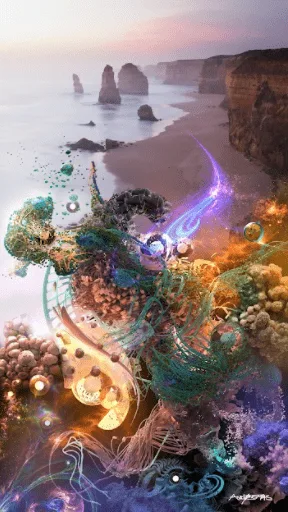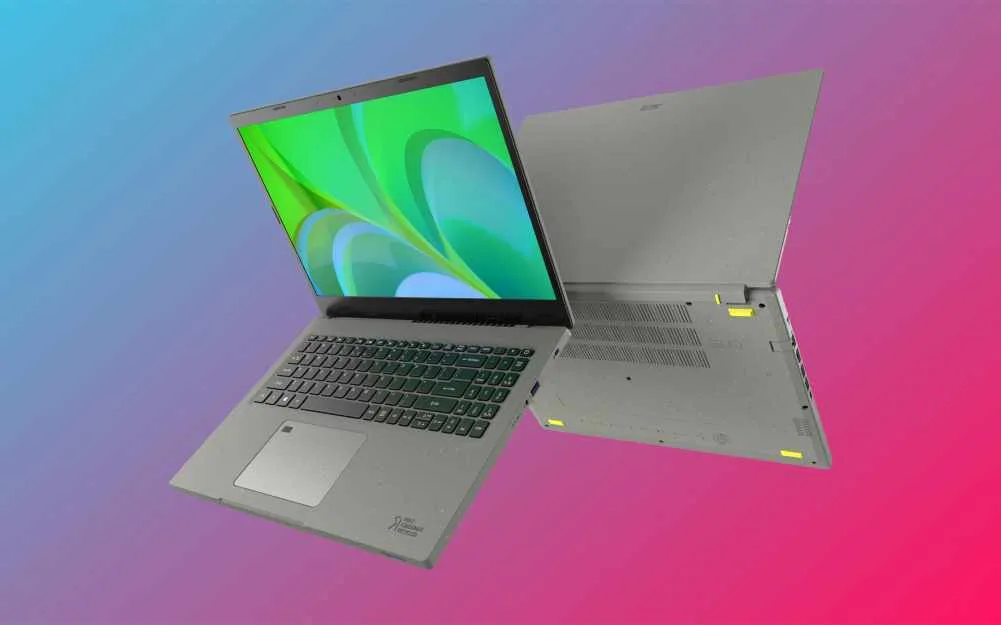New research released today in the Acer Plastic Pandemic Report reveals that close to 11 million Australians (55%) are unaware of the severity of the plastic pandemic that we are facing.
However, the good news is that people are keen to make positive changes: 96% of those surveyed are concerned about the impact that their individual plastic consumption has on the environment.
The report’s findings also indicate widespread confusion around plastics; nearly 60% of people surveyed don’t understand the difference between virgin (or primary) plastics and recycled plastics. However, a quarter (25%) of respondents said they are making a conscious effort to no longer purchase single use plastics, while 50% of those surveyed are actively looking for more sustainable substitutes where possible.
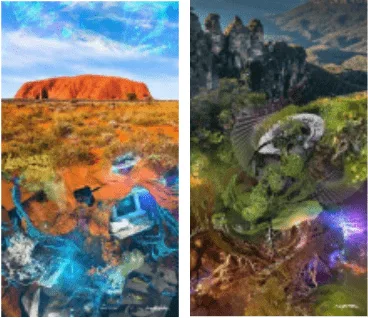
Commissioned by Acer Australia, as part of the technology company’s commitment to help tackle environmental challenges and champion sustainable product innovation, the Acer Plastic Pandemic Report highlights current consumer attitudes towards plastic consumption and demonstrates the need for greater education on the environmental issue.
Shockingly, over 3.4 million tonnes of plastics are used in Australia every year, with less than 10% being recycled or reprocessed for re-use.1 The impact that plastic waste has on our environment is devastating – most ends up in landfill or our oceans, contributing to climate change, contaminating our soil, and negatively affecting our natural landscapes and wildlife.
To shine a light on the devastating impact of plastic waste and provide Australians with a reality check, Acer Australia teamed up with celebrated digital animation artist Andy Thomas (who has collaborated with leading music acts including Bjork and Empire of the Sun) to create a unique content series showcasing what some of Australia’s most iconic, natural landmarks will look like in decades to come if the plastic pandemic is ignored.
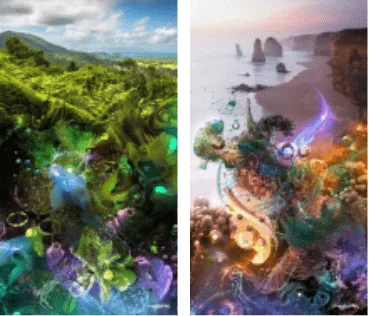
The content series, titled ‘LIFE CYCLES’, includes the Three Sisters in the Blue Mountains (NSW), Uluru National Park (NT), The Twelve Apostles (VIC) and The Daintree Forest (QLD).
Renowned for his incredible talent of showcasing how technology and nature collide, Andy Thomas said: “There’s a serendipity in this collaboration with Acer, which is what instantly attracted me to the partnership. The inspiration behind the content series is the exploration of ‘life cycles’.
“The animation piece I created focuses on the magnificent Blue Mountains in New South Wales, exploring this iconic natural environment being overtaken by accumulating waste, including plastics, before coming back to life. The regeneration is to symbolise hope. If we all start making more sustainable decisions – from limiting our use of single plastics to choosing products that are truly sustainably produced – we will be able to protect our environment, and its natural beauty and diversity for generations to come,” explained Andy.
PCR, or post-consumer recycled plastic, is manufactured from used, recycled, and repurposed plastic that is collected from beaches, oceans, land, and recycling plants. These plastics include plastic bottles, cleaning product bottles and plastic containers. By recycling these plastics, waste is diverted from ending up in landfill, making it a less wasteful and sustainable alternative to 100% virgin plastic.
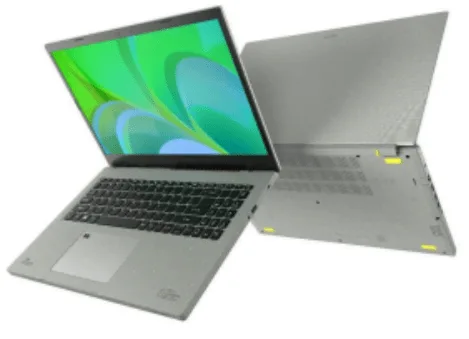
Acer is taking major steps towards environmental responsibility with the launch of the Aspire Vero – Acer’s green-pioneer laptop (Green PC). Available now, nationwide, through Harvey Norman stores and online, and Acer Online, the Aspire Vero encapsulates well considered and sustainable design solutions resulting in full PCR integration into a laptop device. It features 30% PCR plastic in the chassis and screen bezel, and 50% on the keycaps saving around 21% in CO2 emissions2. Through the utilisation of standard hardware screws, the Aspire Vero is purposely designed to be easily repaired, upgraded, and recycled.
“Via The Acer Plastic Pandemic Report and the creative collaboration with digital artist Andy Thomas, our ambition is to play a leading role in educating the nation and empowering Australians with the information they need to truly understand the scale of the plastic pandemic in front of us,” said Darren Simmons, Acer Oceania Managing Director.
“The launch of the Aspire Vero, or the pioneering Green PC, is only the start for Acer. It represents the first of many sustainable product innovations, partnerships, and initiatives to roll out in Australia and around the world. As a global computing brand, Acer has a responsibility towards protecting the planet and it’s something we take seriously and consider at every stage of the product life cycle. We encourage other leading brands to also make similar steps in further integrating sustainable design to their product portfolio,” concluded Darren Simmons.
Further demonstrating their environmental commitment locally, Acer has partnered with Ecycle Solutions, an e-waste recycling company, to create true circularity of products and provide consumers nationally with convenient drop-off locations for their old devices. This partnership with Ecycle Solutions, and Harvey Norman, is focussed on extracting 3 million kilograms of reusable e-waste for input into finished goods each year.
Emissions saved compared to regular laptop plastic chassis for laptops of the same size. The estimated value is calculated from PlasticsEurope Eco-profile reports. The comparison is only focused on the material itself and is limited to compare 100% virgin plastic with 70% virgin plastic and 30% recycled plastic while assuming other factors that may influence CO2 emissions are equal.
The Acer Aspire Vero is available now to purchase through Harvey Norman and Acer Online at RRP $999.
To read more about the plastic pandemic, view the Acer Australia x Andy Thomas ‘LIFE CYCLES’ content series or find out further detail on the Aspire Vero, visit www.aspirevero.com.au.
